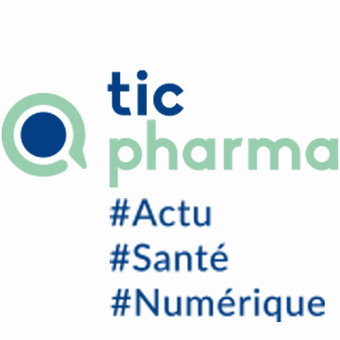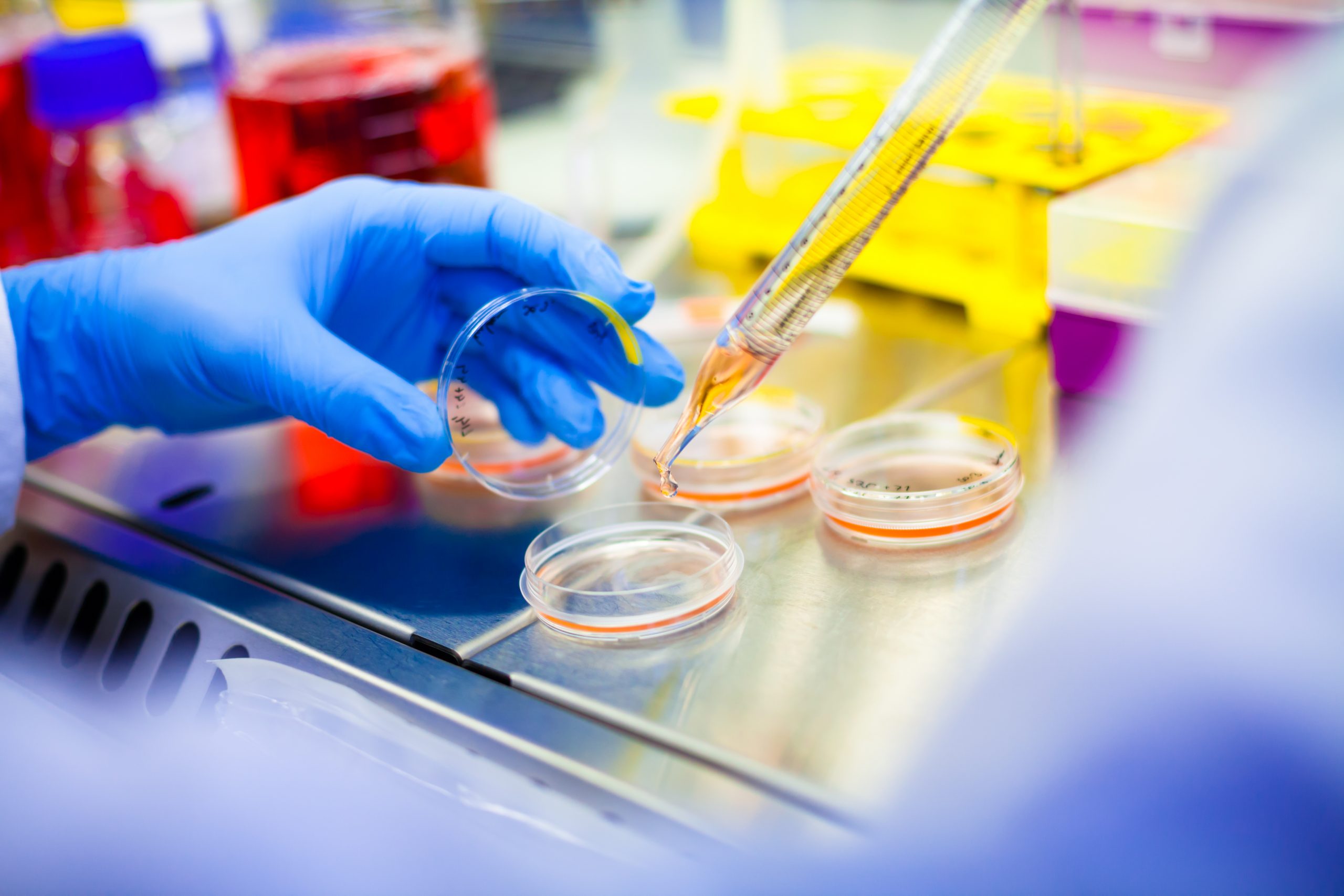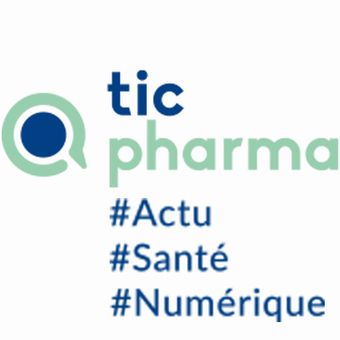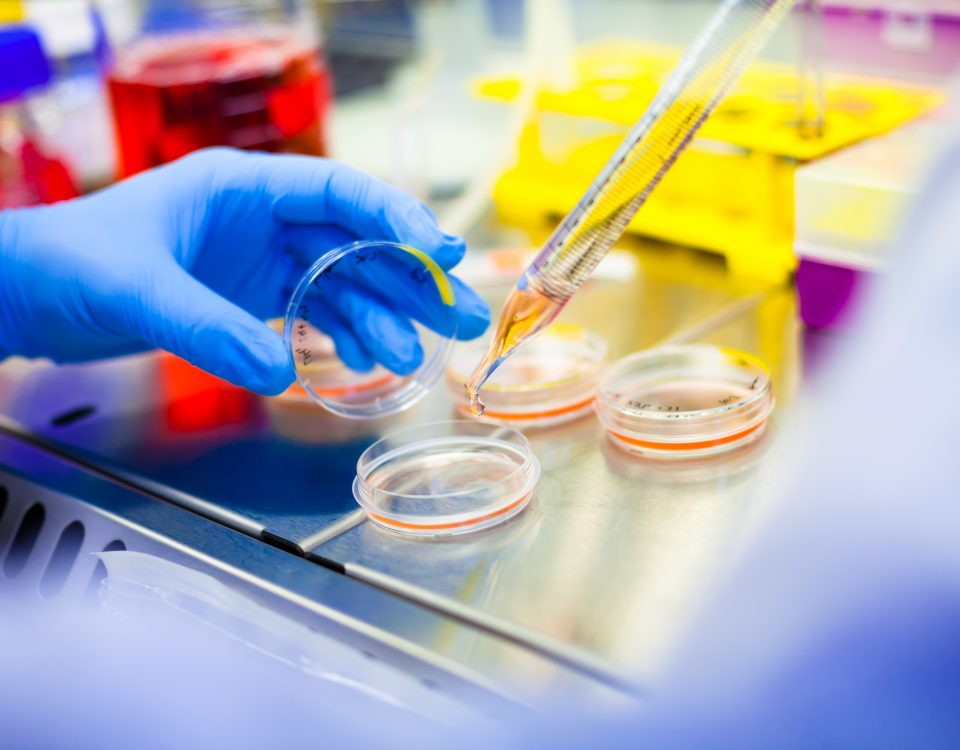Pharmageek

PARIS (TICpharma) - Auditionnée le 12 octobre par la commission des lois de l'Assemblée nationale, Marie-Laure Denis, présidente de la Commission nationale de l'informatique et des libertés (Cnil), a appelé les pouvoirs publics à mener "une analyse de la complémentarité des dispositifs ayant été mis en œuvre pendant la crise sanitaire", en référence aux divers systèmes d'information (SI) et outils déployés.
Lire l'article complet sur : www.ticpharma.com

La préparation à une pandémie nécessite une « surveillance intelligente » pour contrer les stratégies virales plaide cette équipe de virologues de l’Université d'État de l'Ohio. Ces experts proposent, dans les Actes de l’Académie des Sciences américaine, des recommandations, intelligentes, pour améliorer notre réponse mondiale et globale contre de futures épidémies.
Lire l'article complet sur : www.santelog.com
medRxiv - The Preprint Server for Health Sciences
Lire l'article complet sur : www.medrxiv.org
Background: Patients with COVID-19 have increased sleep disturbances and decreased sleep quality during and after the infection. The current published literature focuses mainly on qualitative analyses based on surveys and subjective measurements rather than quantitative data.
Objective: In this paper, we assessed the long-term effects of COVID-19 through sleep patterns from continuous signals collected via wearable wristbands.
Methods: Patients with a history of COVID-19 were compared to a control arm of individuals who never had COVID-19. Baseline demographics were collected for each subject. Linear correlations among the mean duration of each sleep phase and the mean daily biometrics were performed. The average duration for each subject’s total sleep time and sleep phases per night was calculated and compared between the 2 groups.
Results: This study includes 122 patients with COVID-19 and 588 controls (N=710). Total sleep time was positively correlated with respiratory rate (RR) and oxygen saturation (SpO2). Increased awake sleep phase was correlated with increased heart rate, decreased RR, heart rate variability (HRV), and SpO2. Increased light sleep time was correlated with increased RR and SpO2 in the group with COVID-19. Deep sleep duration was correlated with decreased heart rate as well as increased RR and SpO2. When comparing different sleep phases, patients with long COVID-19 had decreased light sleep (244, SD 67 vs 258, SD 67; P=.003) and decreased deep sleep time (123, SD 66 vs 128, SD 58; P=.02).
Conclusions: Regardless of the demographic background and symptom levels, patients with a history of COVID-19 infection demonstrated altered sleep architecture when compared to matched controls. The sleep of patients with COVID-19 was characterized by decreased total sleep and deep sleep.
Lire l'article complet sur : www.jmir.org



